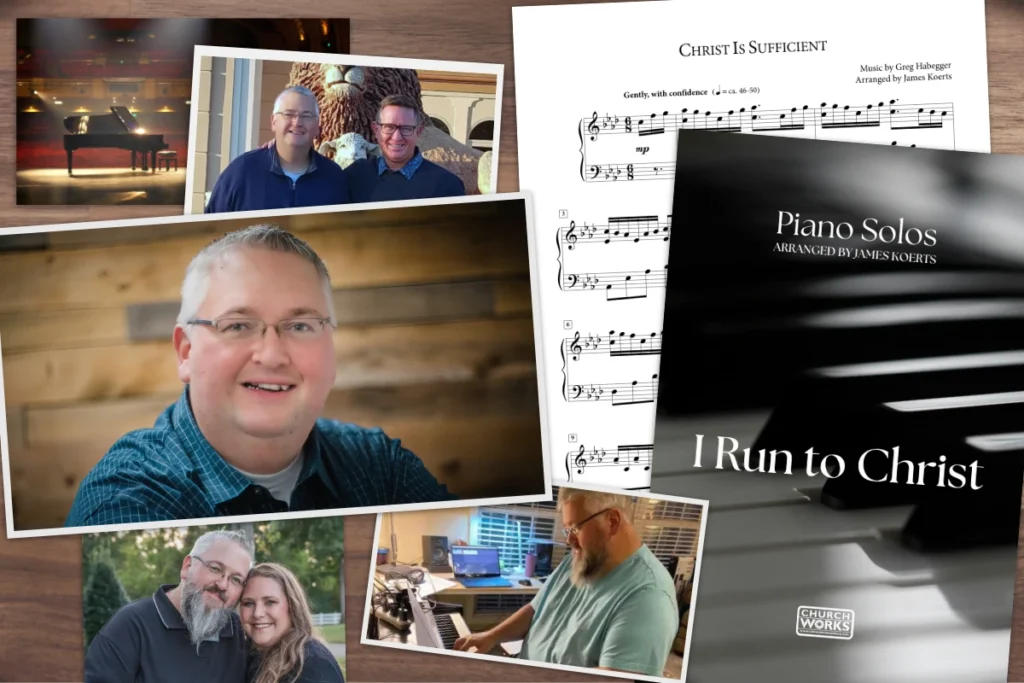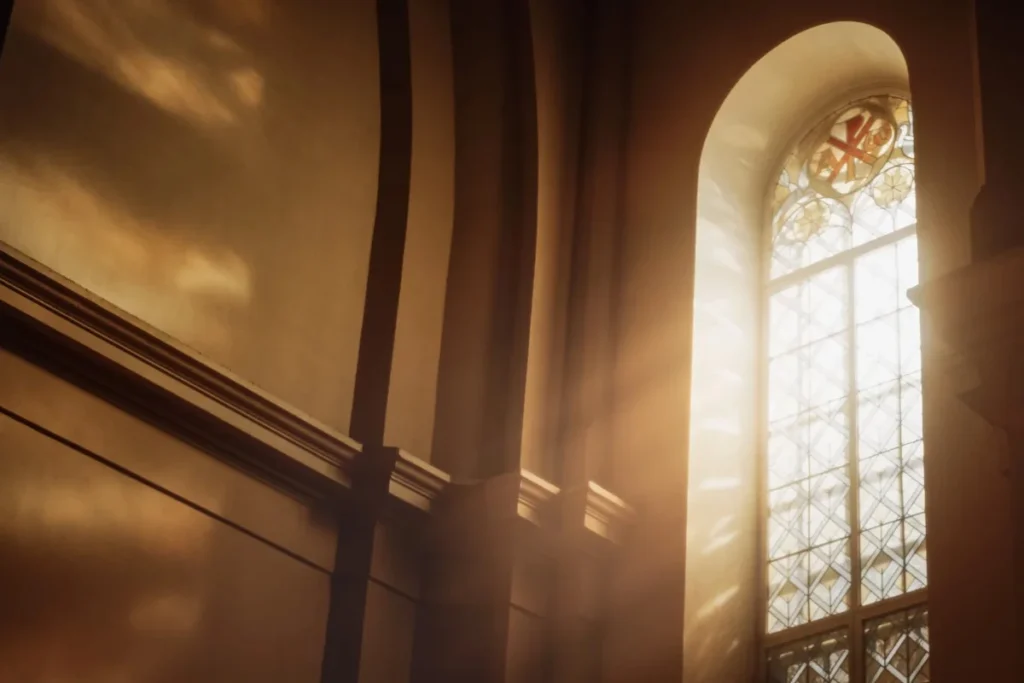
Blog
Sing the Psalms. Like This.

The modern church has lost the Psalms. We certainly don’t sing them. Sure, we’ll sing phrases from them. We’ll copy and paste a verse that makes us happy or hopeful into a greeting card or its twenty-first-century equivalent. But we don’t make use of the Psalms—entire Psalms, beginning to end, including dark shades as well as light—like we should.
We don’t make use of the Psalms like we should
We should remedy that. Let me give a few reasons:
The Psalms focus our attention on God. They’re prayers, and they both teach us to pray and teach us about the One to whom we are praying. They demonstrate His power in creation, in the exodus, in His protection of Israel, and in His care for individuals in times of trouble. Like no other portion of the Scriptures, the Psalms reveal God to us with breathtaking artistry and emotion. Just noting God’s attributes (adjectives), actions (verbs), and titles (nouns) in the Psalms is a faith-building experience. The Psalms show us God.
The Psalms express and instruct our feelings. Calvin called the Psalms “an anatomy of all the parts of the soul” in which “there is not an emotion of which anyone can be conscious that is not here represented as in a mirror.” He noted that the Spirit inspired for us in the Psalter “all the griefs, sorrows, fears, doubts, hopes, cares, perplexities, in short, all the distracting emotions, with which the minds of men are want to be agitated.” At the risk of being misunderstood, I would say that the Psalms legitimize the deep and confusing emotions we experience and teach us how to deal with them. They show us how real people respond to real life.
The Psalms are God’s inspired hymnal. I love hymns, both modern and ancient. But while I appreciate Watts, Wesley, and Getty, their songs aren’t inspired. The Psalms are. They allow us to sing God’s Word, and they allow us to share in the praise of God’s people from 3,000 years ago! Old Testament believers sang the Psalms. Jesus sang the Psalms. The early church sang the Psalms. The Reformers sang the Psalms. Why don’t we?
The Psalms allow us to sing God’s Word and to share in the praise of God’s people from 3,000 years ago
One answer to that question is that it’s challenging. Thankfully, there are Christian craftsmen helping bridge the gap between the ancient Psalms and modern English with accurate and artful lyrics. My favorite of these are the works of Joe Tyrpak, published (and available for free) at Church Works Media.
The genius of Joe’s approach rests in three things: (1) He accurately expresses entire Psalms, line upon line. Read one of his Psalms with an open Bible and see if he doesn’t capture the entire Psalm. It’s difficult work, but he does it exceptionally well. (2) He unites his Psalm lyrics to familiar hymn tunes, allowing the church to sing the Psalms immediately, without learning a new tune. (3) He devotes his final stanza to Christ–not inserting Him illegitimately into every Psalm, but showing how He is the ultimately fulfillment of them as Christ Himself expressed in Luke 24:44-45.
Today we’re thrilled to present a new lyric video to demonstrate what this looks like: “God Is Our Strength and Refuge (Psalm 46).” Thanks to CWM’s Paul Keew for the arrangement, vocals, and production. Beyond listening to this timely and encouraging Psalm, sing it. Seriously. Sing the psalms—begin with Psalm 46.












